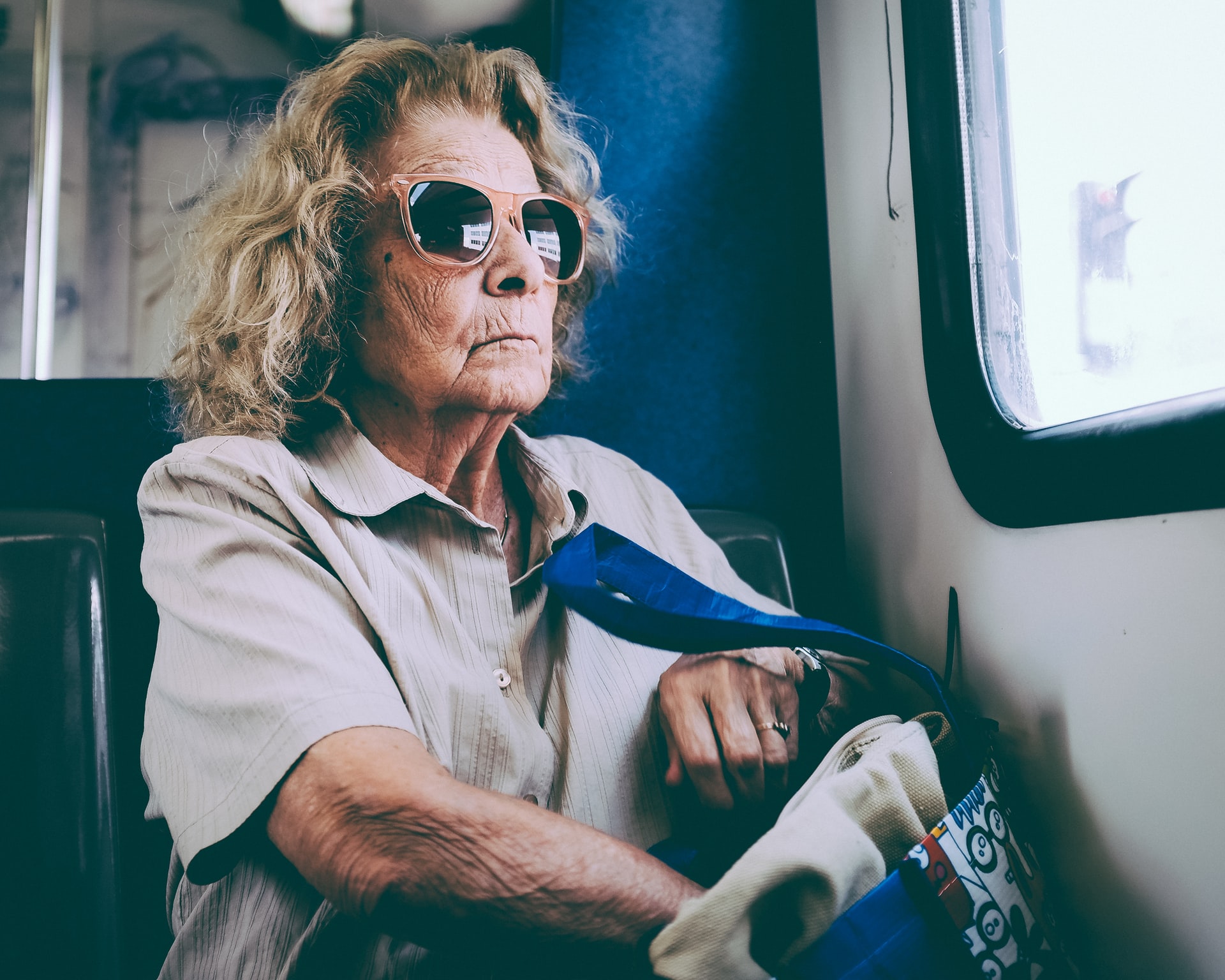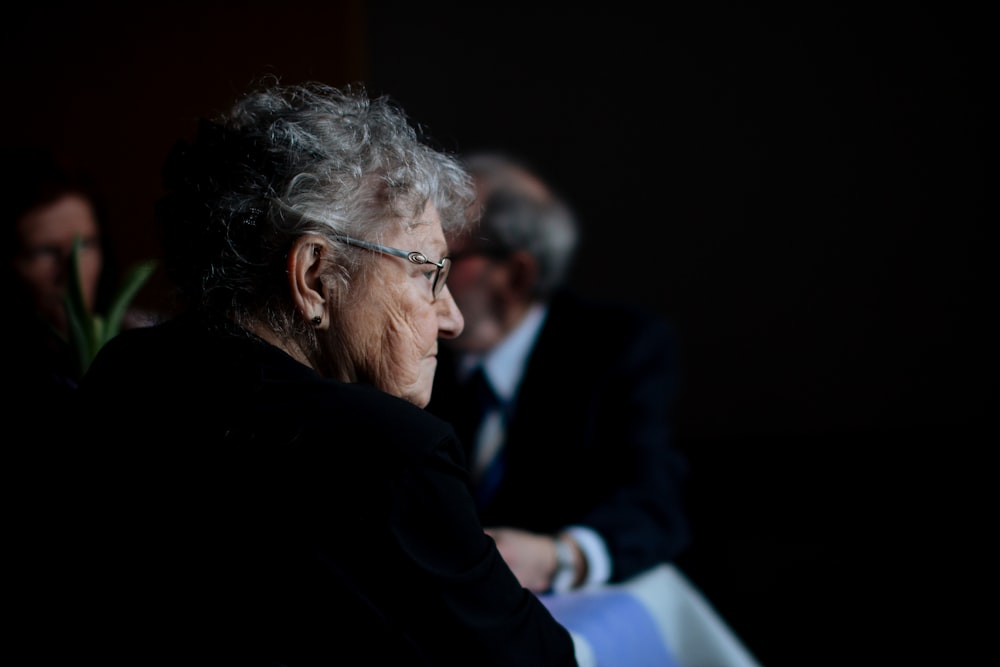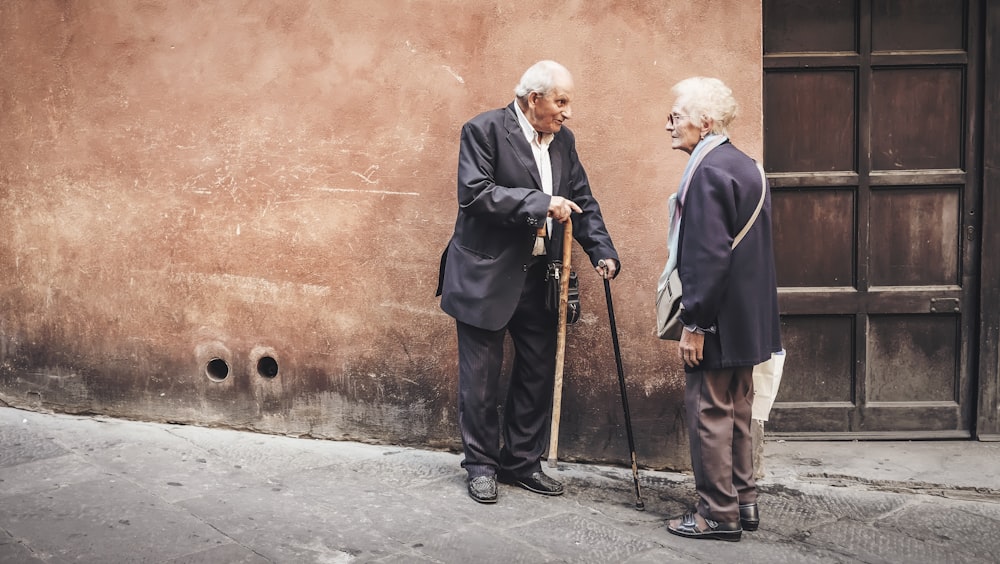Our sleep problems may change dramatically as we become older. You may notice that you are unable to sleep as deeply as you formerly did or that you are waking up considerably earlier than usual. However, you should be aware that sleeplessness, difficulties sleeping every night, and other serious symptoms are not the “typical” markers of aging. Expects recommends that you go over some of the material. We’ve provided below and chat with your primary physician about your sleeping issues.
For the optimal functioning of the complete body system, a good night’s sleep is required. If you get enough rest each day, your immune system can easily fight off some infections. However, if you notice that your sleeping problems is progressively changing and you aren’t getting the rest you used to. It could have an impact on your health. This tutorial explains why you might be having trouble sleeping and how seniors can improve their sleep as they get older.
Sleep Disorders In Seniors: What Causes Them?
Sleep Deprivation
Many seniors may experience disturbed nights of sleep. As a result of consuming too much alcohol before bedtime or falling asleep on the couch while watching television. Both of these topics have the potential to cause irregular sleeping problems. Before going to bed, avoid unhealthy food and coffee drinks. Also, make sure your bedroom is suitable for a restful night’s sleep.
To achieve the finest night’s sleep possible, pay attention to window coverings, room temperature, lighting, noise, and other things that go bump in the night.
Prescription Drugs
Medication is used by older persons for a variety of reasons. These include strengthening their immune system, treating illnesses, and preventing diseases. Your sleep pattern may be affected by these drugs. If you believe your medications are affecting your sleep, or even if you don’t feel they are, you should seek medical assistance. Allow your doctor to go over your medication list with you to be sure none of them are causing you to have sleepless nights.
Menopause And Post-menopause
Many women going through menopause or even post-menopause suffer from excessive sweating, which makes getting a decent night’s sleep difficult. Improving your diet and getting more exercise may help you feel better.
Medical Problems
Many seniors suffer from conditions that cause them great pain and suffering, making it difficult for them to get a good night’s sleep. Common problems include swollen feet, arthritis, indigestion, and diabetes.
When older persons modify their sleep environment and address emotional difficulties, they can usually effectively treat sleep disorders. The suggestions in this handbook, on the other hand, are just that: ideas. If you believe your sleep condition is becoming out of the norm, you should seek medical care.
It’s often the environment that keeps your mind engaged and your sleep constrained. It’s also crucial to live in the correct neighbourhood and be surrounded by positive people. When it comes to moving into a senior living community or an assisted living facility.
Our service is available to you at all times, no matter where you are located.



